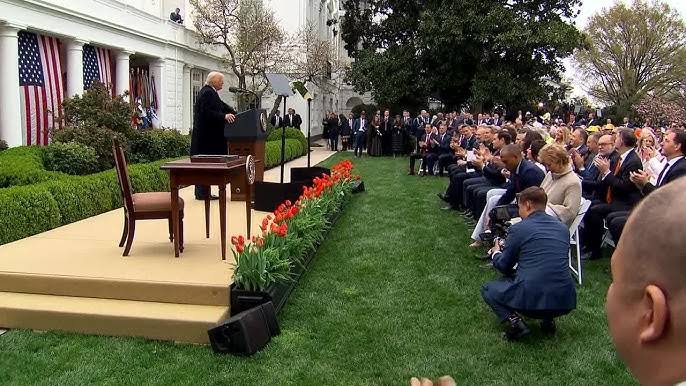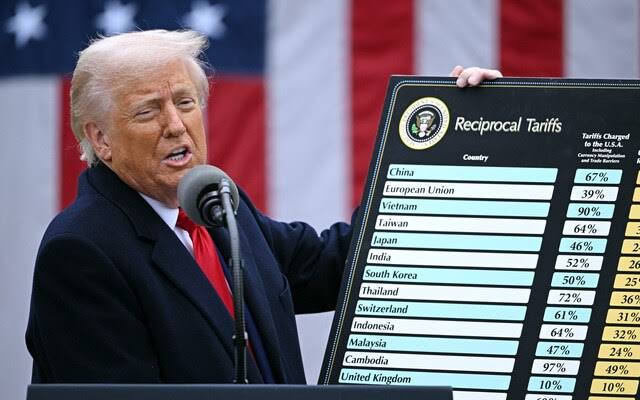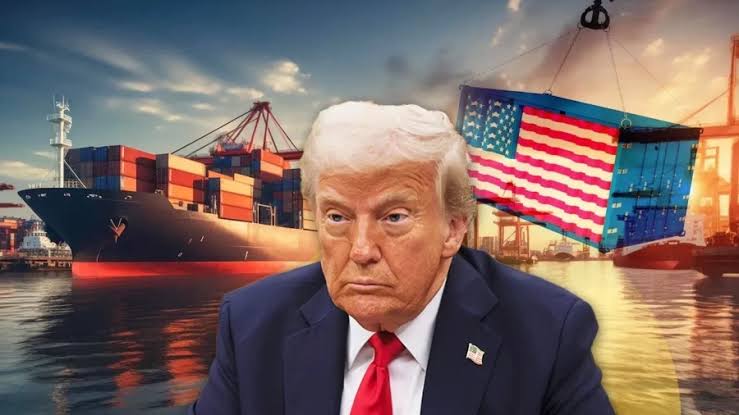A US trade court has dealt a significant blow to President Donald Trump’s trade policies, blocking his attempt to impose sweeping global tariffs on imports. The Court of International Trade ruled that Trump exceeded his authority by imposing across-the-board duties on imports from US trading partners.

Key Points of the Ruling
- Exceeded Authority: The court found that the US Constitution gives Congress exclusive authority to regulate commerce with other countries, which is not overridden by the president’s emergency powers to safeguard the US economy.
- Permanent Injunction: A three-judge panel issued a permanent injunction on the blanket tariff orders issued by Trump since January, rooted in the International Emergency Economic Powers Act (IEEPA).
- New Orders: The Trump administration was ordered to issue new orders reflecting the permanent injunction within 10 days but has since filed a notice of appeal.

Impact on Trade Policy
The ruling creates deep uncertainty around multiple simultaneous negotiations with the European Union, China, and many other countries. Trump’s strategy to use steep tariffs to wring concessions from trading partners has been severely disrupted, leaving America’s trade policy in disarray.
Trump’s Argument
- National Emergency: Trump declared the trade deficit a national emergency, justifying his 10% across-the-board tariff on all imports, with higher rates for countries with which the US has the largest trade deficits.
- Leverage in Negotiations: Trump has used tariffs as leverage to compel manufacturers to bring factory jobs back to the US and reduce the federal budget deficit.

Reaction to the Ruling
- Financial Markets: Financial markets cheered the ruling, with the US dollar rallying against currencies like the euro, yen, and Swiss franc. Wall Street futures rose, and equities across Asia also rose.
- Critics: Oregon Attorney General Dan Rayfield praised the ruling, stating that it reaffirms that trade decisions can’t be made on the president’s whim.¹
What’s Next
The ruling can be appealed to the US Court of Appeals for the Federal Circuit in Washington, DC, and ultimately the US Supreme Court. The Trump administration’s appeal may prolong the uncertainty surrounding US trade policy.
